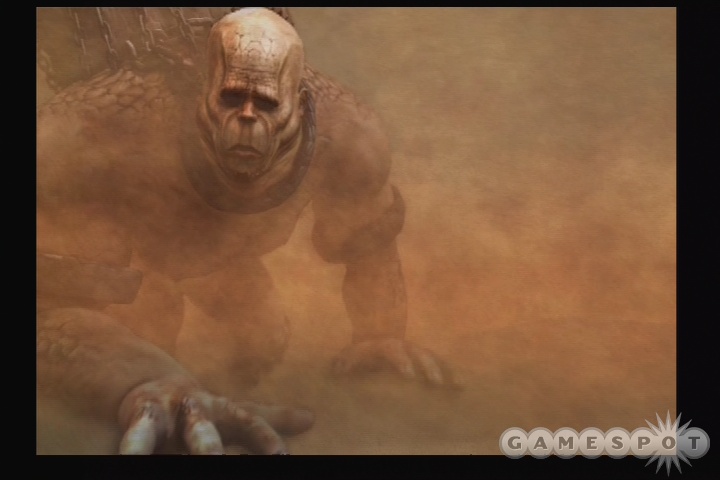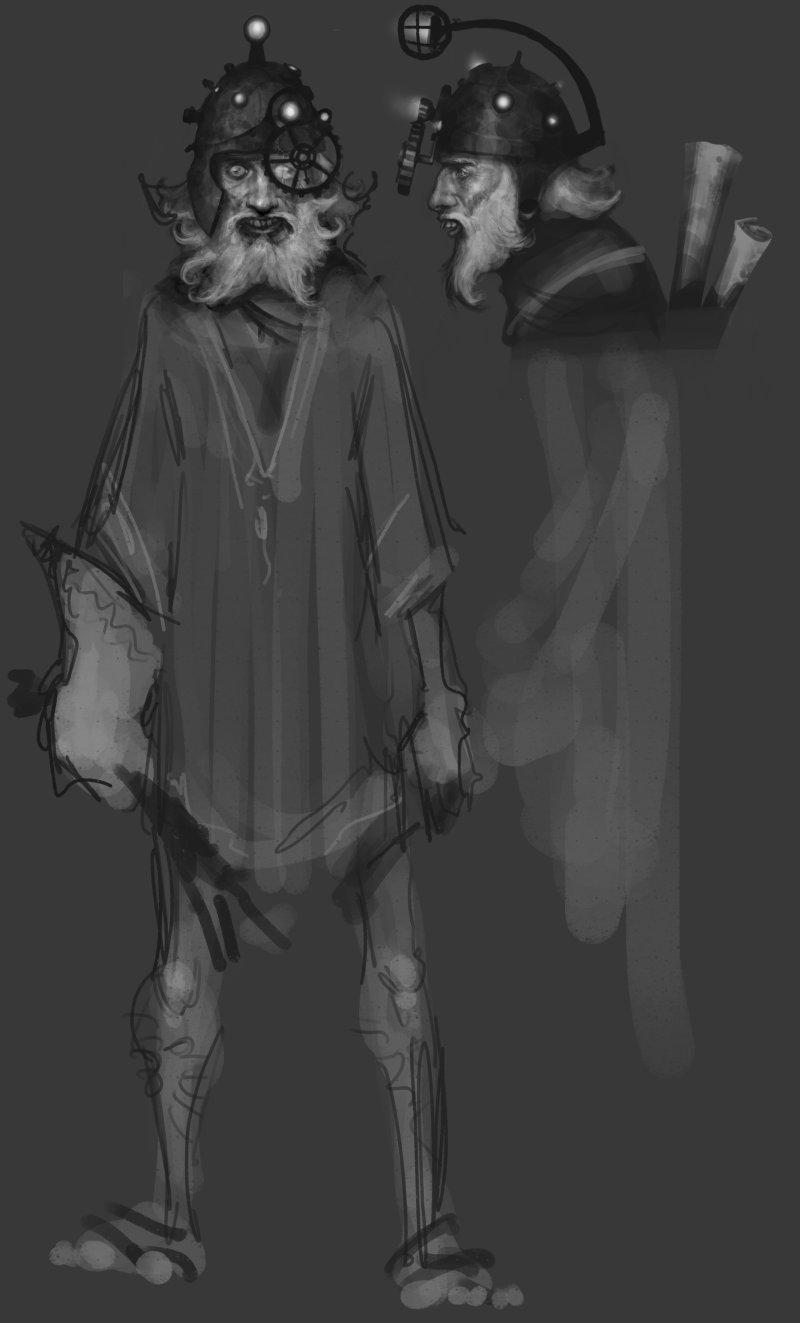PANDORA’S TEMPLE
 |
| I know my contact lens is around here somewhere... |
After breaking the
Sirens in half, Kratos comes upon a horn that parts the sandstorm before him.
He passes through the cleft like a maniacal Moses, and finds the Titan Horn.
The horn vanishes for some reason, Kratos fights a bunch of Sirens, and it
reappears for Kratos to use. The Titan Horn calls forth Kronos (the last
remaining Titan), with the titanic Temple
of Pandora
Next to the Aegean
Sea , this is one of the coolest scenes in the game. We get some
good narrative spiced with feats typical of a classic heroic tale. Kratos takes
another step toward ascension above his dark past and stands before the brunt
of his trials. The question is; will he make it through? Can this lone mortal
overcome the deadly tests that have felled so many before him?! (Yes).
 |
| Pathos Verdes III - #1 Babysitter |
The Temple
of Pandora
This kind of story
is echoed throughout the games, and is another of the few ideas that hold the
series together. The gods are cruel and unforgiving creatures that use mortals
to achieve their own ends. At least, this message is what the sequels push for. This idea is bolstered in the second and third
games, mostly to justify the gods’ punishment,
but also as a base for humanity’s coming liberation.
We see this
relationship with Kratos in the three primary games (the rest shouldn’t exist (actually, only the first one should)).
We also see it with Pathos Verdes III, the Body Burner, and Daedalus (the
architect in God of War III). Kratos was once a tool for Ares and he becomes a tool for Athena, seemingly punished afterwards on both occasions. For serving Ares, he loses
his family, and for serving Athena, the sequel happens (also a punishment to
the player). Kratos is then trapped within his rage and despair, a byproduct of
the battles he brought on. Pathos Verdes III takes up the task of building
Pandora’s Temple Temple Olympus
in exchange for the return of his son. Daedalus actually succeeds but is then
trapped within and abandoned by the gods. Eventually madness takes him.
Daedalus is a weaker example of this relationship, but only because Zeus becomes
Stalin by that point and punishes him for no reason.
 |
| It's a bit more than a flesh wound. |
Such harsh
retribution begs the question of why these mortals were punished. The game
suggests that these characters went about achieving their goals for themselves
rather than something larger than themselves, such as the gods or a city-state.
This means that their intentions were not pure. Kratos suffered for serving his
desire for war, instead of truthfully serving Sparta Temple
Daedalus is
different in that he did his duty for the sake of reuniting with his son. I
mention him mostly because he gets screwed over by the gods, just like everyone
else. His story reinforces the idea, among other things, that humanity must be
freed from the tyranny of the cruel gods.
However, it could be said that, in regards to the first God of War only, the tales of Kratos, Pathos Verdes III, and the Body Burner may only seek to depict a mortal's flaws and their ramifications in light of the gods' work. Considering how the gods in the first iteration of the series aren't as insane as their appear to be in the rest of the games, this might be true. I must admit that, sometimes, its hard to separate what's what in light of the sequels. --
However, it could be said that, in regards to the first God of War only, the tales of Kratos, Pathos Verdes III, and the Body Burner may only seek to depict a mortal's flaws and their ramifications in light of the gods' work. Considering how the gods in the first iteration of the series aren't as insane as their appear to be in the rest of the games, this might be true. I must admit that, sometimes, its hard to separate what's what in light of the sequels. --


No comments:
Post a Comment